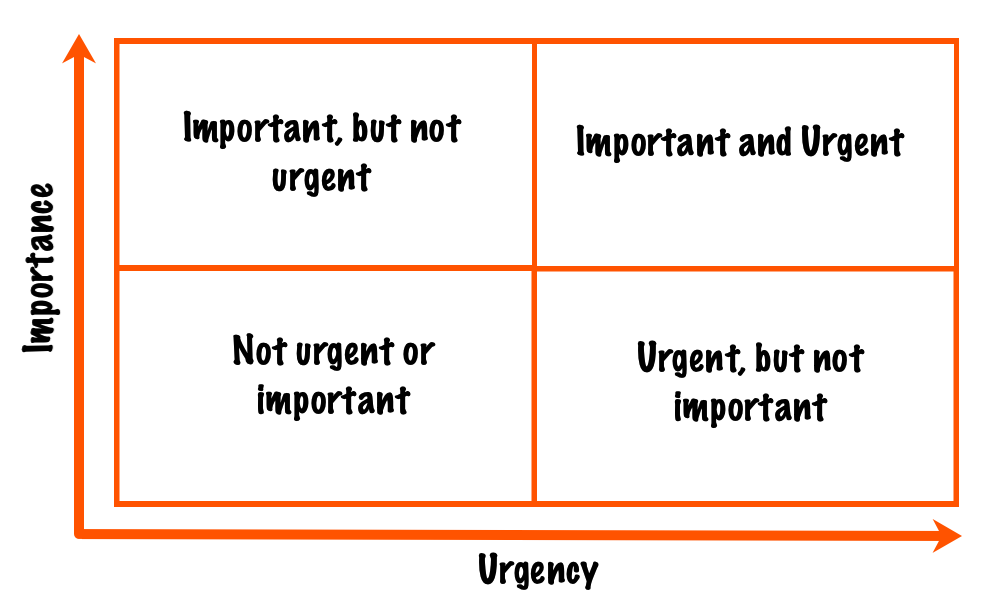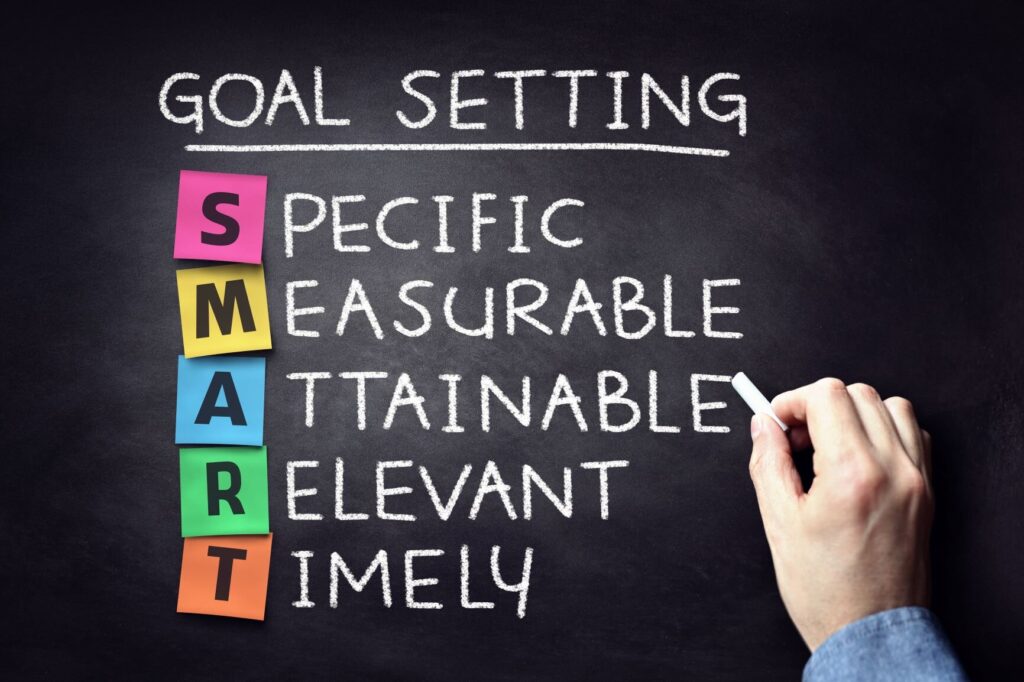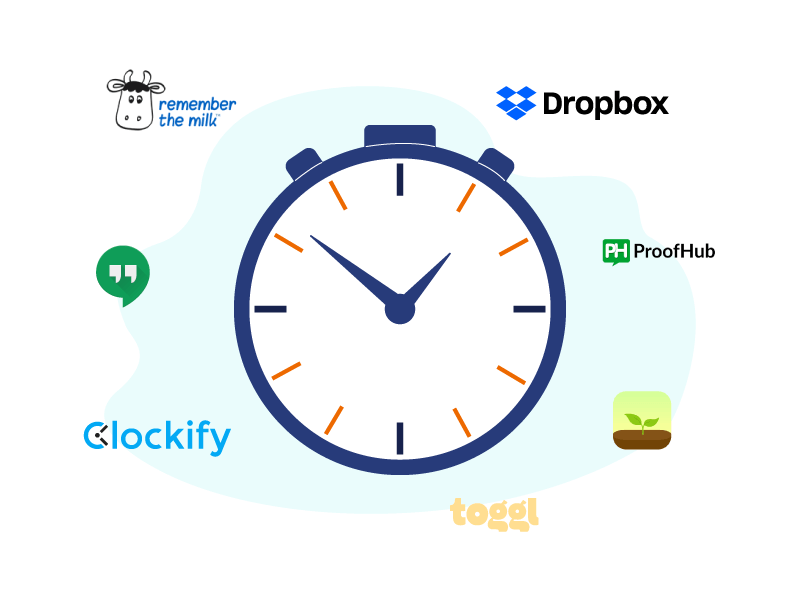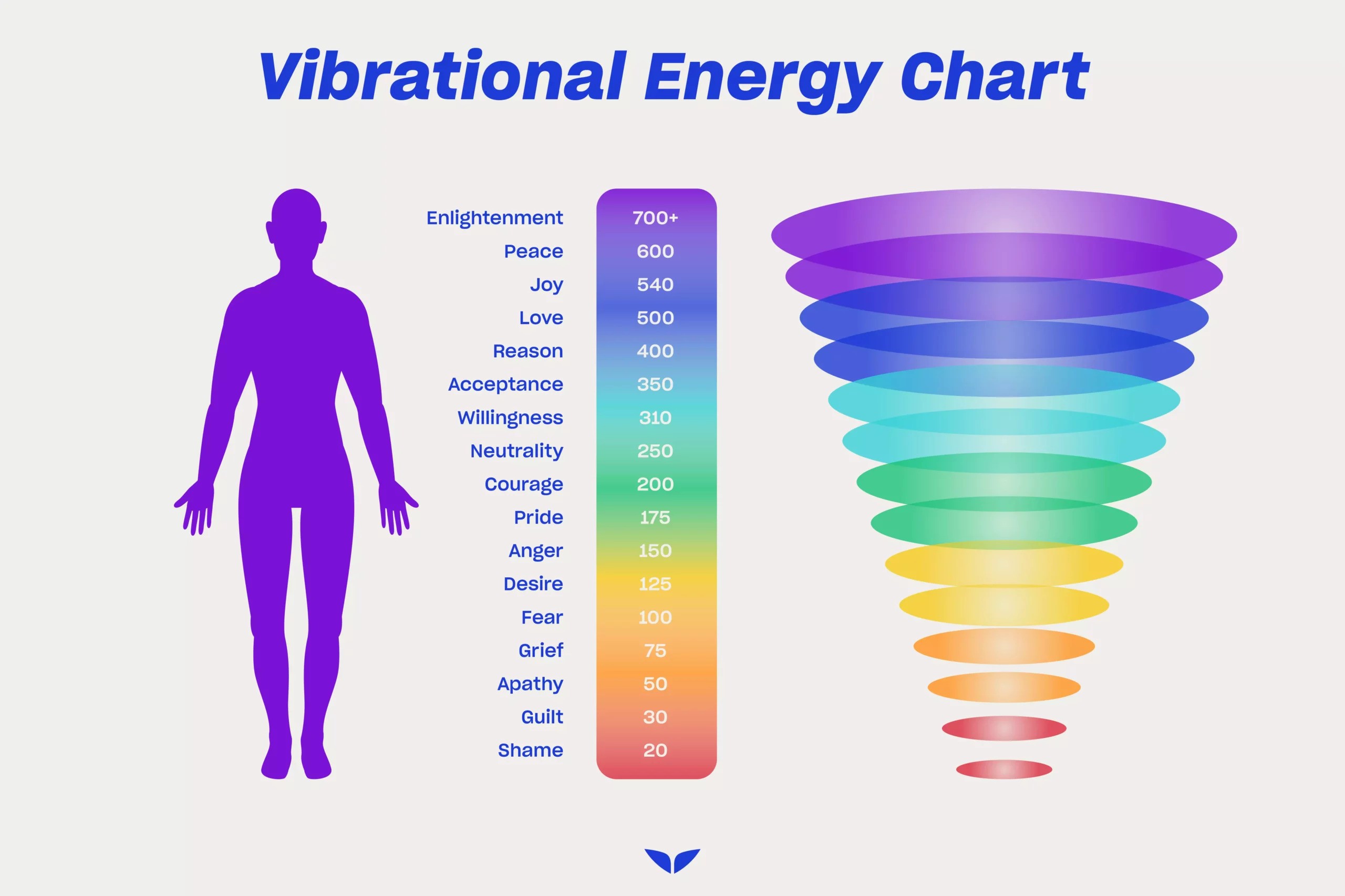Mastering Time Management: Strategies for Boosting Productivity and Achieving Your Goals
Time management is a skill that we use every day, whether we realize it or not. It's the ability to plan and prioritize how much time we spend on specific activities, tasks, or projects to maximize efficiency and productivity. Why is it important? Well, for starters, it helps us make the most out of our limited time.
Time is a precious commodity that we can't get back, so we should use it wisely. However, despite knowing the importance of time management, many of us struggle to implement it in our daily lives. Obstacles to effective time management can take many forms - procrastination, poor planning, an overwhelming workload, or simply being easily distracted. In our fast-paced world, it's easy to get caught up in things that don't matter much and lose track of time.
So, how do we get better at this skill? By creating a schedule and sticking to it. This is where daily planning comes in. By setting realistic time blocks for specific tasks, identifying and minimizing distractions, and determining our most important tasks, we can effectively make the most of our day. The Eisenhower Matrix can be an effective tool here too - it allows us to prioritize tasks according to their importance and urgency and eliminate unnecessary tasks. There are also several tools and techniques available to help us master time management. From time-blocking apps like Trello and RescueTime to the Pomodoro technique and batching tasks, each one can help us stay organized and efficient. And for those of us working in a team, learning to delegate tasks and communicate effectively is important too.
It's also important to remember that time management is not just about getting work done; it's also about staying motivated, avoiding burnout, and maintaining a healthy work-life balance. Setting boundaries, using rewards and incentives, and taking breaks are all essential elements that help us stay on track toward achieving our goals. By mastering time management, we can make the most of our time and achieve great things.
Creating a daily schedule

Let's face it, most of us struggle with time management. With an endless list of tasks and a limited amount of time, it's easy to become overwhelmed and lose focus. That's why creating a daily schedule is crucial for boosting productivity and achieving your goals.
First things first, you need to determine your most important tasks. What tasks will have the most impact on your day, and ultimately, your long-term goals? Once you've identified those tasks, you can set realistic time blocks. Remember, it's important to be realistic! Don't pack your day full of tasks with no room for unexpected events or breaks. Another key aspect of daily scheduling is identifying and minimizing distractions. It's tempting to check your phone every time a notification comes through, but this can seriously derail your focus and productivity. Try setting designated times for checking your email, social media, etc. You'll be amazed at how much more you're able to accomplish when you minimize these distractions.
Of course, creating a daily schedule is one thing, but sticking to it is another. It's important to regularly reassess and adjust your schedule as needed. Don't beat yourself up if something unexpected comes up and you're unable to stick to your schedule. Just take a deep breath, readjust, and carry on. By determining your most important tasks, setting realistic time blocks, and minimizing distractions, you'll be well on your way to mastering time management and achieving your goals.
Remember, Rome wasn't built in a day. It takes time and effort to develop good time management habits. But with practice and consistency, you'll get there.
Prioritizing your tasks

It's easy to get lost in a sea of tasks and deadlines, leaving you feeling unproductive and overwhelmed. Prioritizing your tasks is an essential step in mastering time management and achieving your goals. The Eisenhower Matrix is a popular tool for prioritizing tasks by urgency and importance.
This matrix divides tasks into four categories: urgent and important, important but not urgent, urgent but not important, and not urgent and not important. Tasks in the urgent and important category should be tackled first, while tasks in the not urgent and not important category should be eliminated altogether. Assessing the urgency and importance of tasks outside of the matrix can also help in prioritization. Sometimes, tasks may seem urgent but are not truly important, taking up valuable time and energy that could be better spent elsewhere.
Be realistic in your assessment of urgency and importance to avoid wasting time on unnecessary tasks. Eliminating unnecessary tasks is another key aspect of prioritizing your to-do list. It's tempting to take on more than you can handle or to say yes to everything, but that can lead to burnout and decreased productivity.
Evaluate each task on your list and ask yourself if it truly aligns with your goals and priorities. If not, consider delegating, automating, or eliminating it altogether. Prioritizing your tasks may take some practice, but it's worth it in the long run.
By focusing on what truly matters, you'll be able to achieve your goals and increase your productivity without feeling overwhelmed.
Goal setting

Setting goals is essential if you want to achieve success in life. Goals help to provide direction and purpose and help you to focus on the things that are important to you.
There are two types of goals: short-term goals and long-term goals. Short-term goals are those that you can achieve in a few days or weeks, while long-term goals are those that you can achieve in several months or years. When setting goals, it is important to use the SMART method.
SMART stands for Specific, Measurable, Achievable, Relevant, and Time-bound. Specific goals are those that are clear and precise, while measurable goals can be tracked and quantified. Achievable goals should be realistic and achievable, while relevant goals are those that are meaningful and important to you. Finally, time-bound goals have a deadline or end date. Breaking goals down into manageable tasks is also critical. This is because it can be overwhelming to look at your long-term goals and not know where to start. By breaking your goals down into smaller, more manageable tasks, you can make progress and feel a sense of accomplishment as you complete each one. It also helps you to stay on track and stay motivated.
Incorporating short-term goals into your plan can also be an excellent motivator, as you will feel a sense of accomplishment as you complete each one. Remember to stay flexible and adjust your goals as needed. Life is unpredictable, so it is important to be adaptable and adjust your plans when necessary.
With goal setting and the SMART method, you can achieve anything you set your mind to. Just remember to stay focused, be persistent, and don't give up when things get tough. It takes time and effort to achieve success, but with the right mindset and a little bit of hard work, anything is possible.
Tools and techniques for better time management

Let's face it, time management can be a daunting task. But fret not! There are plenty of tools and techniques out there to help you stay organized and on top of your game. First off, let's talk about using technology to stay organized. With so many apps and tools available for free or at a reasonable cost, it can be overwhelming to know where to start. But fear not, here are some top tools that have been tried and tested by many:
- Trello: This app allows you to create boards to categorize your tasks and deadlines, and easily move items around as needed.
- Asana: Similar to Trello, Asana allows for task categorization and assigning tasks to team members.
- Google Calendar: A classic tool that can be synced across all your devices and allows you to share calendars with others.
Next up, time blocking. This is a popular method used to break up your day into specific work periods. The idea is to work on a specific task for a set amount of time and then take a break before moving on to the next task. In terms of apps, many users swear by:
- Focus@Will: This app provides specially curated music to boost productivity and focus during work sessions.
- Forest: A unique app that uses gamification to encourage you to stay focused by growing virtual trees during work periods.
Another technique to consider is the Pomodoro technique. This is a time management method that breaks work down into 25-minute intervals separated by 5-minute breaks. After 4 intervals, take a longer 15-30 minute break. Some Pomodoro apps include:
- Tomatoes: An app that makes use of cute tomato graphics to help motivate you during work periods.
- Pomodone: A fully customizable Pomodoro app that integrates with other productivity tools like Todoist and Trello.
Finally, let's talk about batching tasks. This is the concept of grouping similar tasks together to maximize efficiency. For example, answering emails in one block of time rather than checking them throughout the day. Other batchable tasks can include social media scheduling and data entry. Here are a few apps to try out:
- Hootsuite: A social media management tool that allows you to schedule posts across multiple platforms.
- IFTTT: A powerful tool that integrates with a vast array of apps and can be used to automate a variety of tasks.
Overall, leveraging technology and different time management techniques can be a game changer when it comes to boosting productivity. Give these tools a try and see which ones work best for you and your workflow. Keep in mind that everyone has different preferences, so it's all about finding what works for you.
Delegating tasks

Delegating tasks can be a game-changer for your time management and productivity. It involves entrusting some of your tasks to others so that you can focus on more pressing matters or tasks that require your unique expertise.
To begin, identify tasks that can be delegated. Some such tasks include administrative duties, research, social media management, and data entry. However, keep in mind that not all tasks can be delegated. Tasks that require your personal touch, decision-making, or expertise should be handled by you. Once you have identified tasks to delegate, ensure that you communicate effectively with your team members. Clearly define the tasks and responsibilities, provide context to the tasks, and set reasonable timelines. This way, you can avoid misunderstandings, and delays and ensure that the tasks are accomplished effectively.
Finally, it is important to monitor progress. Ensure that team members know you are available to answer questions or concerns. Offer guidance or feedback where needed and ensure that the tasks are completed on time and to a satisfactory standard. By delegating effectively, you can take some weight off your shoulders, freeing up your time to focus on what matters.
Staying motivated and avoiding burnout

Let's face it, time management is hard work. We're all trying to balance multiple tasks, priorities, and responsibilities, while still making time for the things we enjoy. But what happens when you start to feel overwhelmed and burnt out?
That's where staying motivated and avoiding burnout comes in. Maintaining work-life balance is crucial to achieving long-term success. It's important to set boundaries for yourself and your work and to communicate them clearly with others. This can include setting realistic work hours, taking breaks throughout the day, and unplugging from technology when you're not working.
Using rewards and incentives can also help keep you motivated. Whether it's a small treat after completing a big project, or a longer-term goal like a vacation or new hobby, having something to work towards can be a powerful motivator. And don't forget to celebrate your successes along the way - each accomplishment is a step towards your larger goals.
Remember, time management is not a one-size-fits-all solution. It's important to find what works for you and to be flexible when new challenges arise. By prioritizing your tasks, delegating where possible, and staying motivated, you can boost productivity and achieve your goals - without sacrificing your well-being.
Conclusion
Congratulations! You've made it to the end of the blog. Your newfound knowledge of time management strategies and techniques will certainly boost your productivity and help you achieve your goals.
Remember to create a daily schedule, prioritize your tasks, set goals, use tools and techniques, delegate work, and make time for self-care. No more excuses for procrastination and burnout. Keep calm and manage your time wisely!



